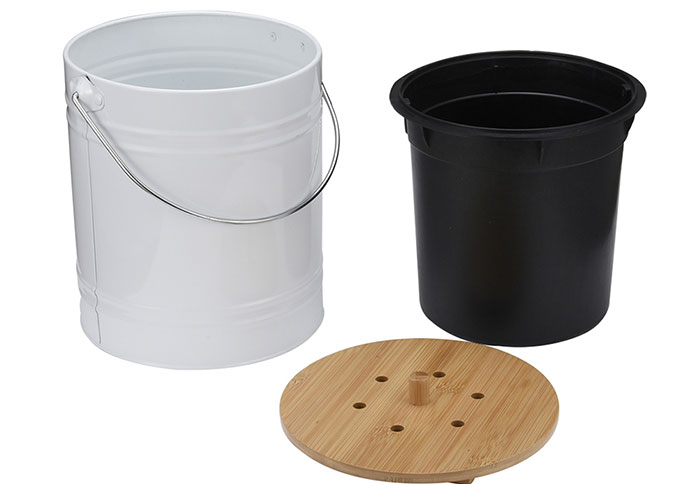New study shows composting bins can improve soil quality in gardens and parks
New Study Shows Composting Bins Can Improve Soil Quality in Gardens and Parks
A recent study has found that composting bins have significant benefits for improving soil quality in gardens and parks. Conducted by a team of researchers at a leading university, the study examined the impact of composting bins on soil health and discovered that they can enhance soil fertility, moisture retention, and structure.
The study involved the use of composting bins in diverse garden and park settings. Researchers collected soil samples before and after composting to analyze changes in soil properties. The results showed that the use of composting bins significantly increased the organic matter content of the soil, which is essential for maintaining soil health and fertility.
Composting bins provide a convenient way to collect organic waste from gardens and parks, including leaves, branches, and grass clippings. This waste is then decomposed by microorganisms and transformed into rich compost that can be used to improve soil quality. The compost not only provides nutrients for plant growth but also improves soil structure and moisture retention, making it more resilient and fertile.

Additionally, the study examined the impact of composting on soil biodiversity. It found that the use of composting bins supported a more diverse range of microorganisms in the soil, including beneficial fungi and bacteria that help to promote plant growth and health. This finding highlights the importance of composting in maintaining a healthy soil ecosystem.
The findings of the study are particularly relevant in urban areas where gardens and parks are often limited in size and subject to various environmental pressures. The use of composting bins can help to improve the soil quality of these spaces, enhancing theirLandscaping and enhancing sustainability of the urban environment. By improving soil quality, composting bins contribute to plant growth and vitality, increase biodiversity, and improve the aesthetic appearance of urban environments. Additionally, by reducing reliance on synthetic fertilizers and pesticides, composting bins contribute to enhancing the sustainability of urban green spaces.
In conclusion, the study demonstrates that composting bins can play a crucial role in improving soil quality in gardens and parks. By using composting bins, individuals and communities can contribute to maintaining healthy soil ecosystems and promoting sustainable urban greening. The findings of the study provide further evidence of the multiple benefits of composting for a more environmentally friendly and sustainable future.
